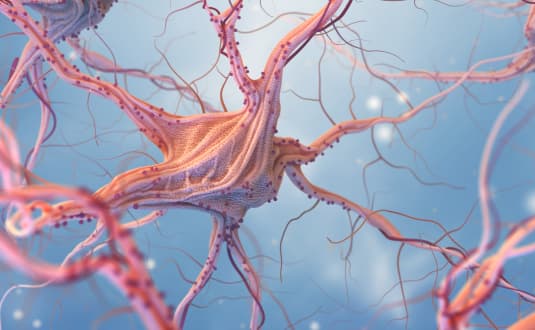Targeting the gut bugs to enhance cognition in Huntington’s disease

Findings from this project are promising since people living with HD experience important gastrointestinal dysfuntion. With the BGRF support researchers uncovered a new potential direction of study for these disabling symptoms in HD. By targeting the inflammasome in HD patients, this research identified opportunities to modify the gastrointestinal dysfunction present in this devastating disease.
How gene-environment interactions and brain immune cells affect Alzheimer’s disease

The findings from this project provide critical insights into how environmental factors and immune cells interact in the brain. They highlight the potential of environmental interventions in improving motor and cognitive functions, offering promising strategies for mitigating neurodegenerative symptoms. Although microglia manipulation showed limited direct effects on these behaviours, the research opens new avenues for […]
Developing a diagnostic tool for Motor Neurone Disease using protein metabolism

In a significant leap forward for neurodegenerative disease research, a team of scientists, led by researchers at the Florey Institute in Melbourne, has achieved a major milestone in understanding and potentially treating conditions such as Alzheimer’s disease and motor neuron disease (MND). The study focused on developing a groundbreaking “autophagometer” — a minimally invasive tool […]

